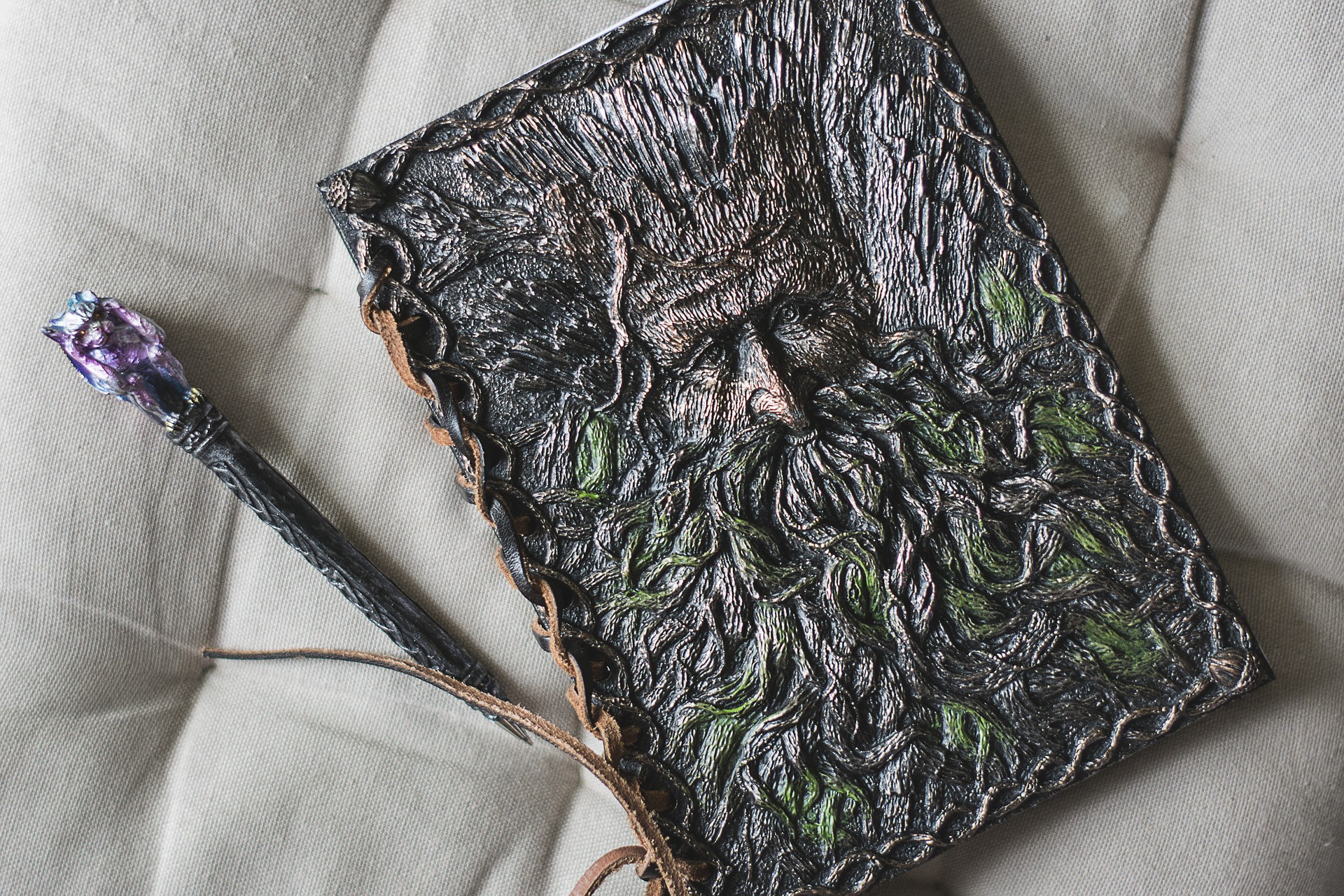“Ile,” a story written by Eugene O’Neill in 1817, is a play set in one act about Captain David Keeney, a man obsessed with finding oil, and his wife, who joins him on his ship for what ends up being a two-year voyage in the middle of the ocean that tests the limits of everyone on board. The crew is determined to track down whales to find “file” (oil) but, instead, end up barged in ice for months, and the dejection is palpable from the beginning of the first scene. O’Neill uses many examples of symbolism throughout the drama, from the ice surrounding the ship to the organ Mrs. Keeney loves to play, to evoke feelings from the reader and demonstrate Keeney’s obsession with finding oil and everyone else’s desperation to go home.
Ile: Analysis
Scene one starts by describing the stillness of the ship along with the attempts the crew makes at trying to get warm. The author foreshadows the ship being stuck in ice before he even brings it up, thus beginning to stress how important the ice will be to the story. Not only is the ice symbolic because it has trapped the ship, but it is also indicative of Captain Keeney’s personality. He is described initially as “an old, grizzled man dressed in dungaree pants, a sweater, and a woolen cap with ear flaps. His manner is sullen and angry.”
Throughout the rest of the play, this temperament is perpetuated by O’Neill with his descriptions of Keeney’s icy personality and actions. He is cruel and hard, like ice. In fact, this roughness is commented on multiple times, such as when the Steward complains, “What is it he thinks he is going to do? Keep us all up here after our time has worked out till the last man of us is starved or frozen to death?” In fact, the reader infers by the end of the play that, truly, that is exactly what Keeney intends to do. The hardness in his character complements the setting perfectly, as a tropical paradise would not. Like the ice that traps the ship uncaringly, Keeney is portrayed as unkind and cold. The only thing that thaws his frozen heart even remotely is his wife, Annie, and even she has limited ability to do this.
Another object of symbolism that is used is the organ Mrs. Keeney plays, purchased specially for her and brought on board by her husband to keep her occupied. The organ initially reminds her of home, and she plays it to relax and bring up fond memories. Still, after such a long time without company other than the crew, who aren’t very companionable, she begins to sink into a depressed state. Initially playing upbeat, happy music, she begins to play slow, sad songs instead. She becomes detached while playing this type of music, as evidenced by Ben’s comment, “…and then she cries to herself without making no noise…” and, “She doesn’t speak to me anymore, just looks at me as if she doesn’t know me.”
Finally, after breaking through one of her bouts of depression, she finds the strength to beg her husband to turn and head for home, crying, “…take me home! It’s killing me! … I’ll go mad; I know I will….” He seems to realize how serious her illness is and finally agrees, making her happy, until the Mate comes in and excitedly relays the news that the ice is breaking and they have spotted the whales. When Captain Keeney changes his mind, and Annie realizes he means to stay on at sea, she becomes focused on the organ, seeming to forget about everything around her, and begins playing wildly and discordantly, swaying from side to side, faster and faster. Through this description of her playing, O’Neill describes her loss of sanity and her descent into craziness.
A final but important symbol in the story is the “ile.” To Keeney, coming back to his home with oil so often has helped build his reputation and high status, and to him, that’s the most important thing he has. He begins to try to explain this to Annie as she’s begging him to turn home, saying that she can’t understand why finding oil is so important to him. “—I’ve always done it – since my first voyage as a skipper.
I always come back – with a full ship – and – it doesn’t seem right not to —somehow.” The reader begins to see that Keeney doesn’t need the money; he is doing it for pride. “Them skippers would never dare sneer to my face. It ain’t so much what anyone says – but—”To him, the oil symbolizes pride and status. To fail once, even after all of the years he had come back with a full ship, would injure his ego and embarrass him. With Annie begging him and trying to convince him through emotions and memories, he fights a battle within himself as a husband versus a captain.
Emotionally as a husband, he knows that she is a good wife who doesn’t ask for much, and he loves her, so he wants to please her. As a captain, the only emotion he feels is for the oil, pride in his ability to find it, and once he has found it, all other emotions are cut off instantaneously. “Woman, you ain’t a-a-downright when you meddle in men’s business and weaken them…I got to prove a man to be a good husband for ye to take pride in. I got to get the ile, I tell ye.” Keeney believes that if he fails as a captain, he fails as a man and a husband. The oil is synonymous with his success as a man.
Taking the reader on a journey from dejection to fear to solitude to despair, Eugene O’Neill can build relatable characters through extreme emotion. Everything in it must make as much of an impact as possible with such a short story. Through the use of symbolism, O’Neill ensures that the reader will be a part of Keeney and Annie’s life as they reach what is surely a penultimate juncture, leaving the reader hanging and feeling Annie’s pain and Keeney’s bittersweet triumph.
About the Writer:
Eugene Gladstone O’Neill (October 16, 1888 – November 27, 1953) was an American playwright and Nobel laureate in Literature. His poetically titled plays were among the first to introduce American drama techniques of realism earlier associated with Russian playwright Anton Chekhov, Norwegian playwright Henrik Ibsen, and Swedish playwright August Strindberg. The drama Long Day’s Journey into Night is often numbered on the shortlist of the finest American plays in the 20th century, alongside Tennessee Williams’s A Streetcar Named Desire and Arthur Miller’s Death of a Salesman.
O’Neill’s plays were among the first to include speeches in American vernacular and involve characters on the fringes of society. They struggle to maintain their hopes and aspirations but ultimately slide into disillusionment and despair. Of his very few comedies, only one is well-known (Ah, Wilderness!). Nearly all of his other plays involve some degree of tragedy and personal pessimism.
Updated by Anjali Roongta on 24th April 2023.
Some online learning platforms provide certifications, while others are designed to simply grow your skills in your personal and professional life. Including Masterclass and Coursera, here are our recommendations for the best online learning platforms you can sign up for today.
The 7 Best Online Learning Platforms of 2022
- Best Overall: Coursera
- Best for Niche Topics: Udemy
- Best for Creative Fields: Skillshare
- Best for Celebrity Lessons: MasterClass
- Best for STEM: EdX
- Best for Career Building: Udacity
- Best for Data Learning: Pluralsight









